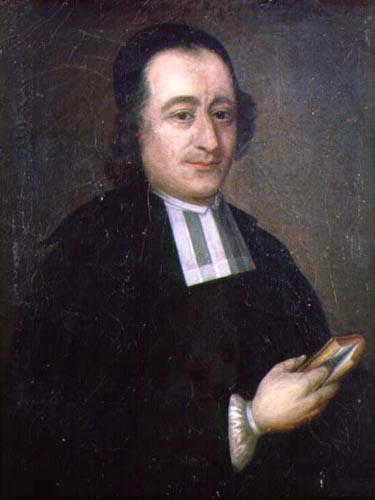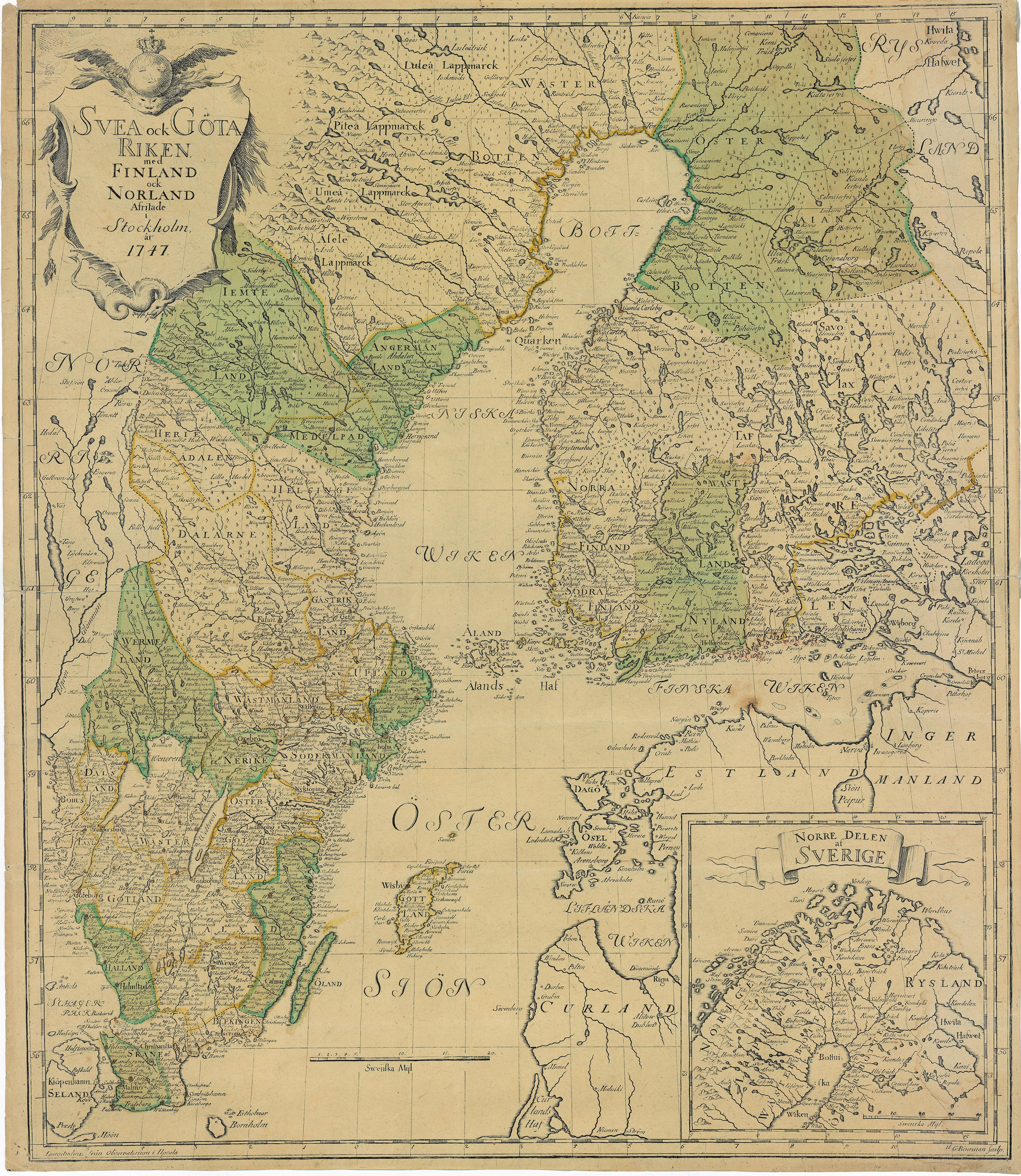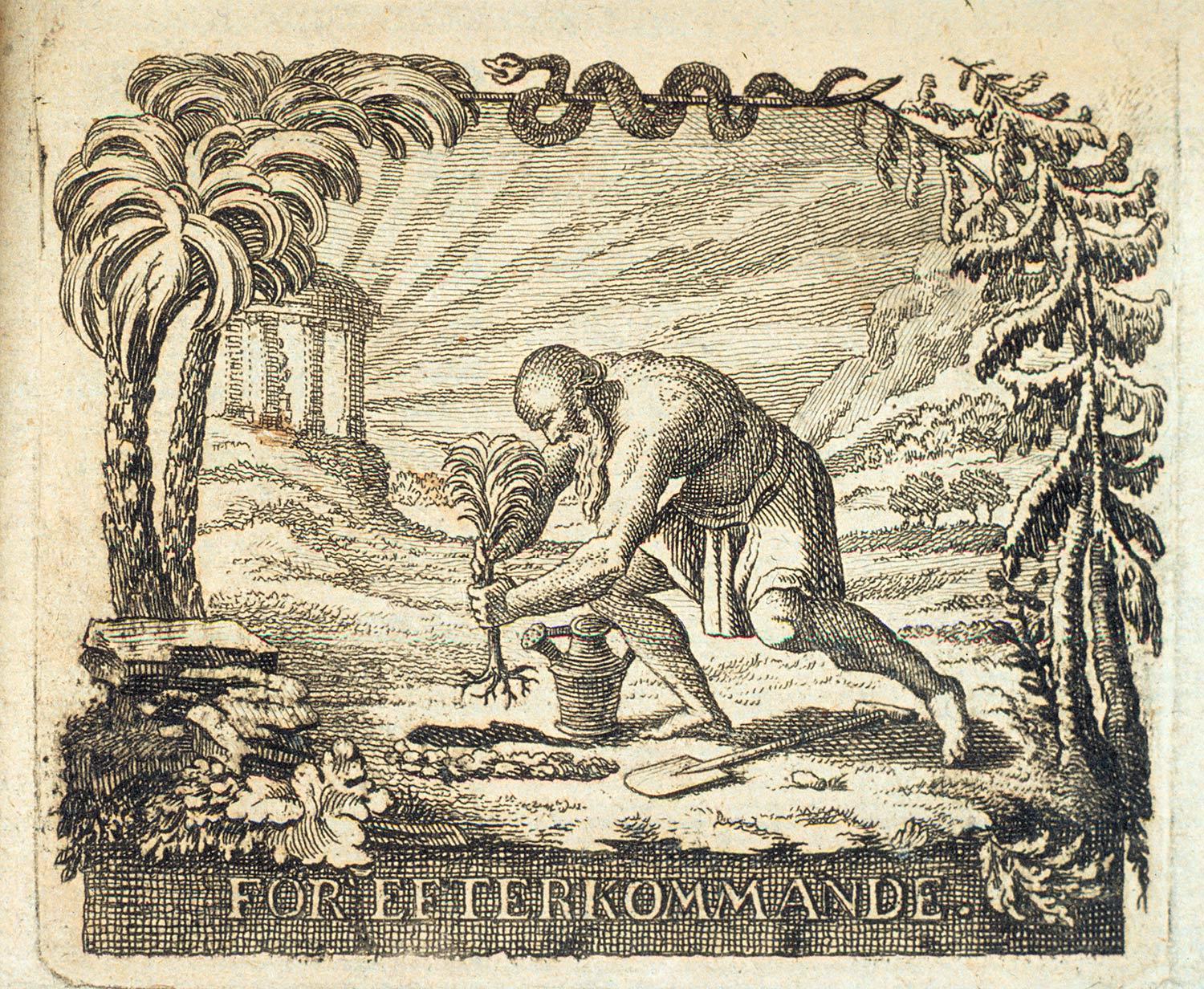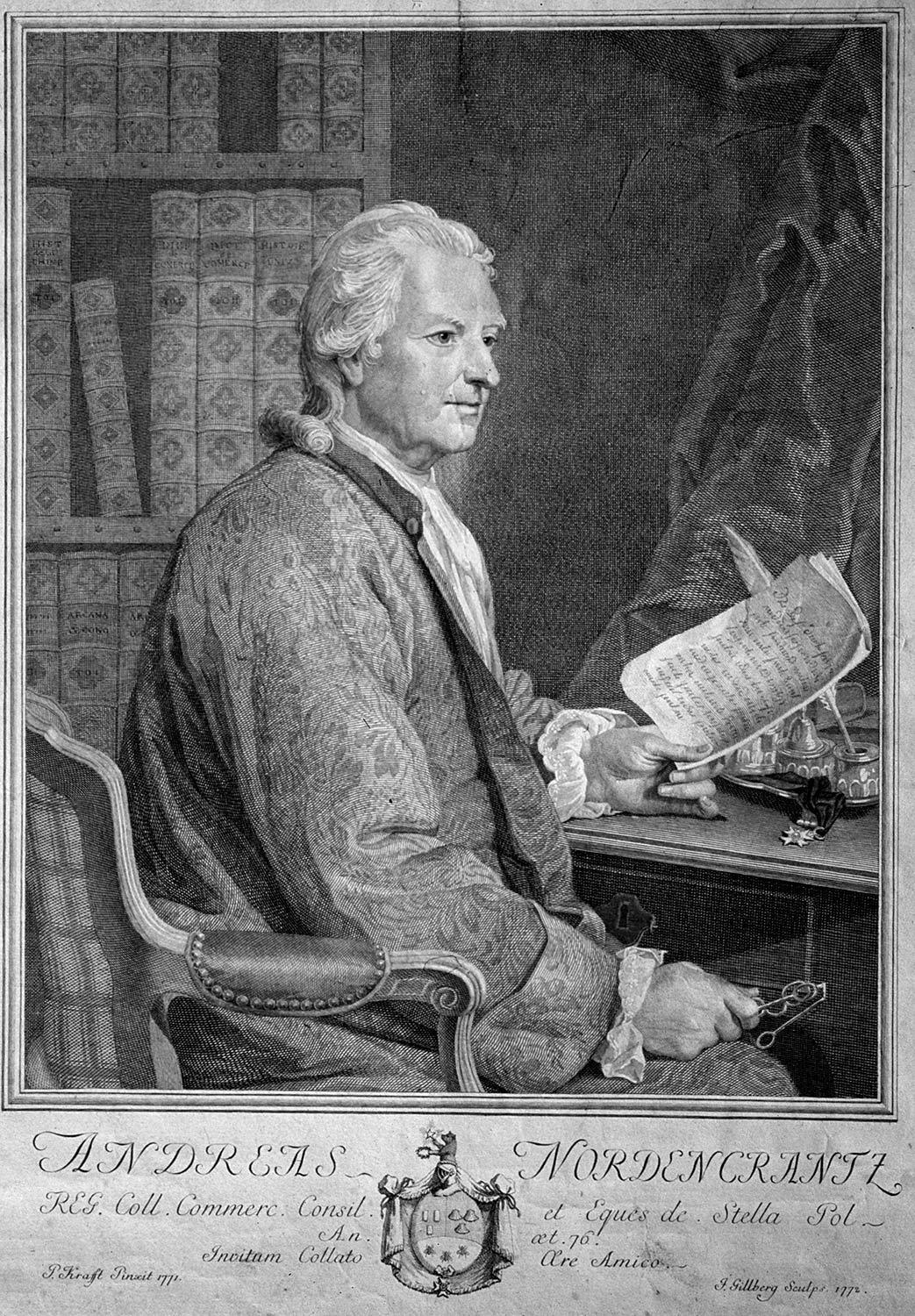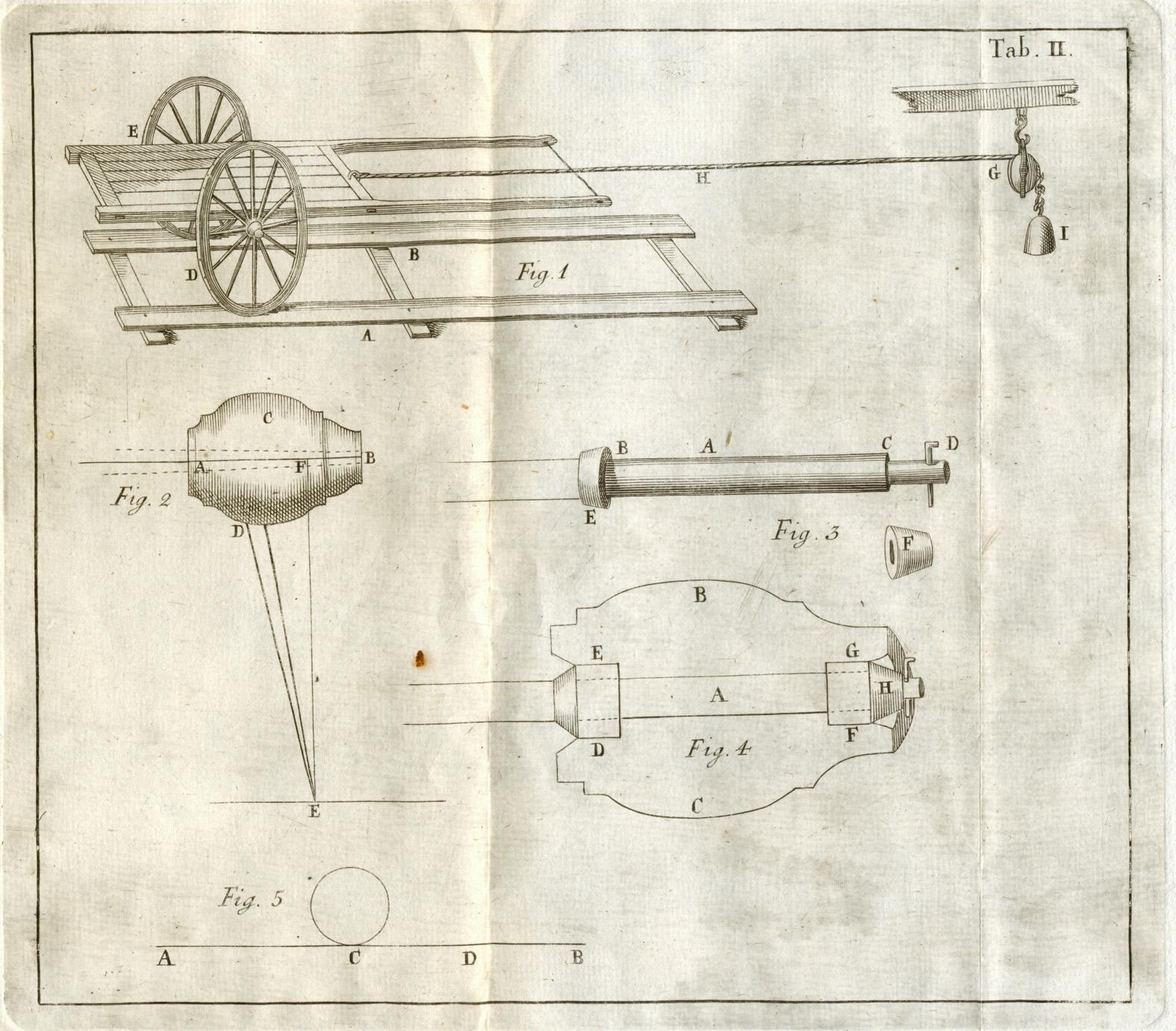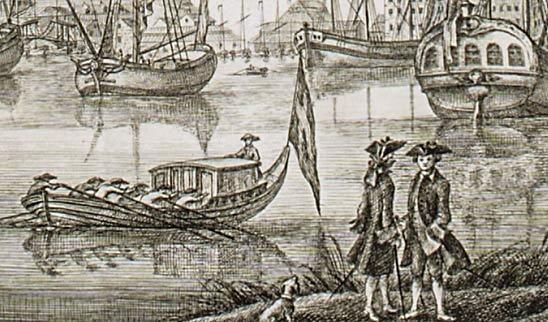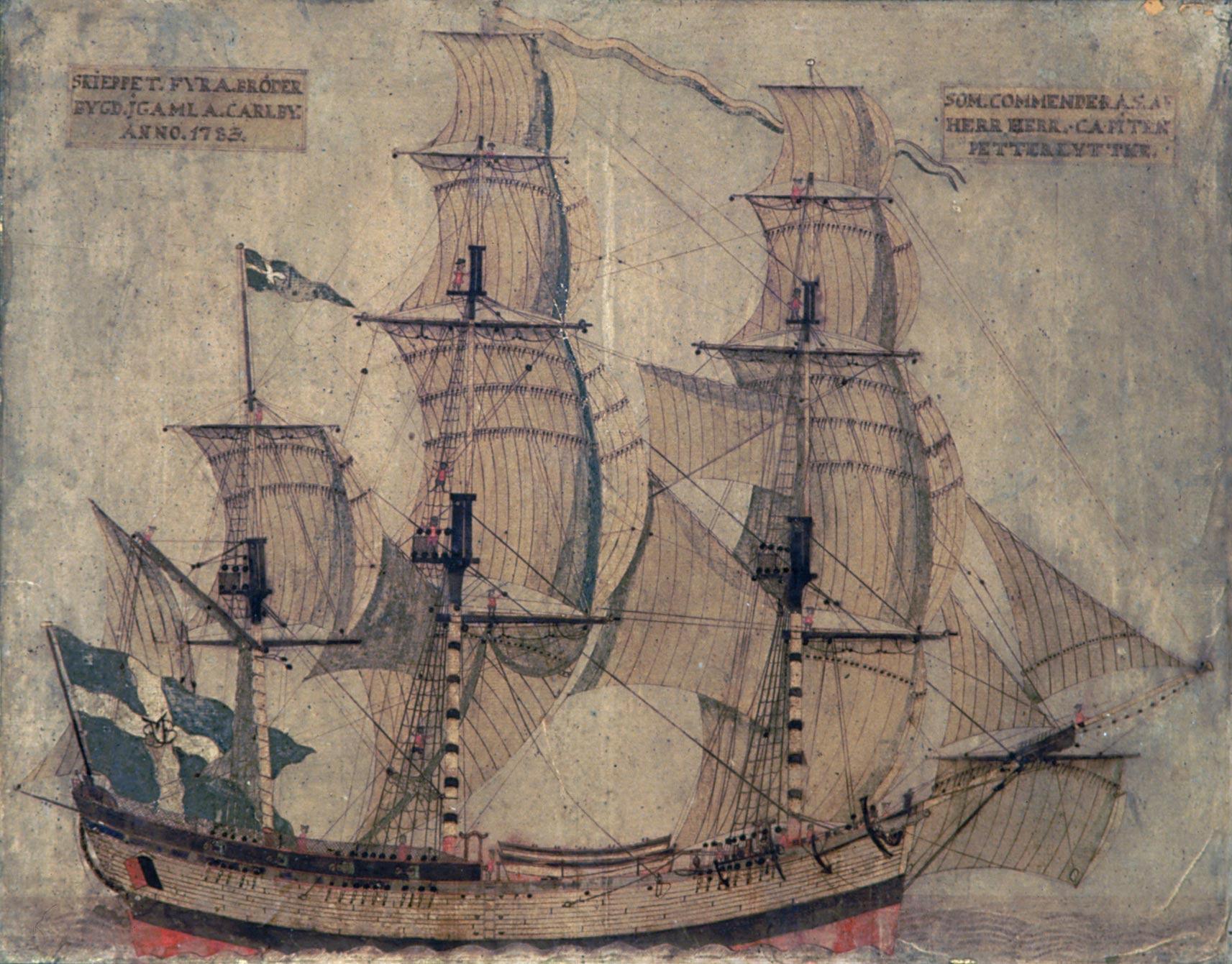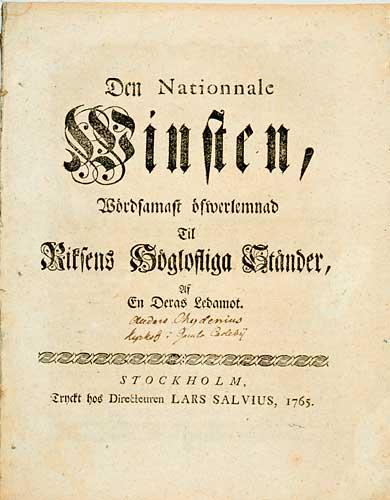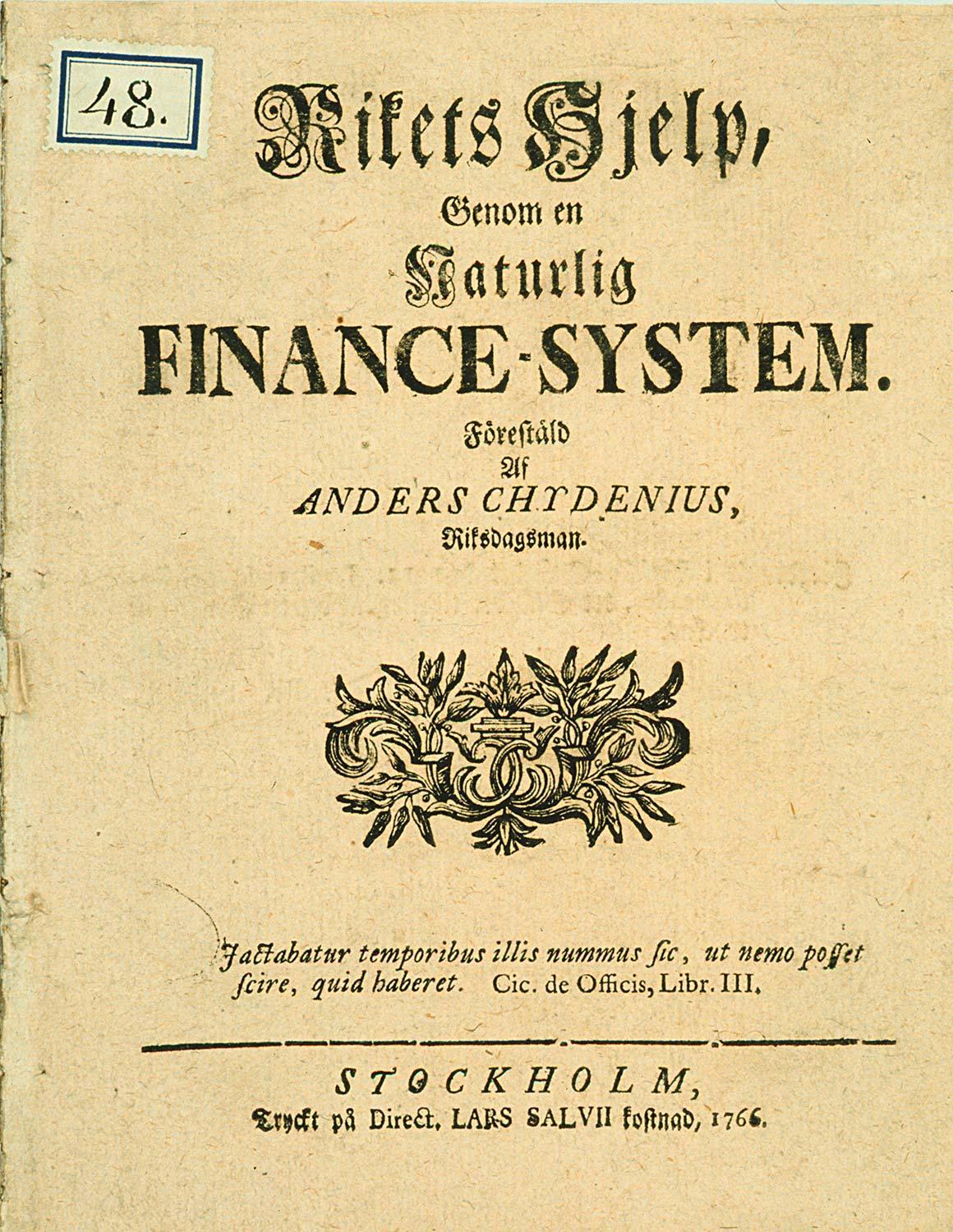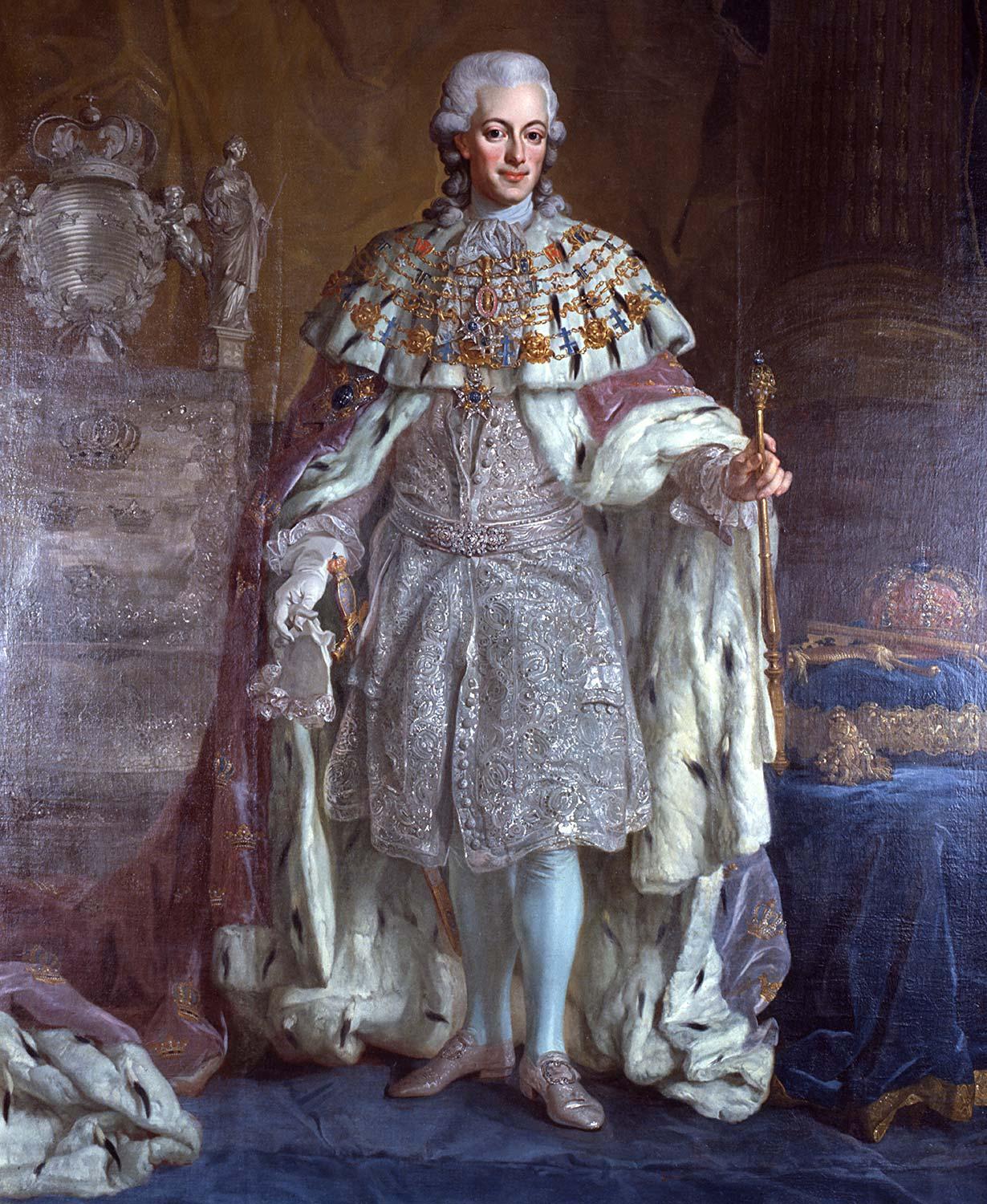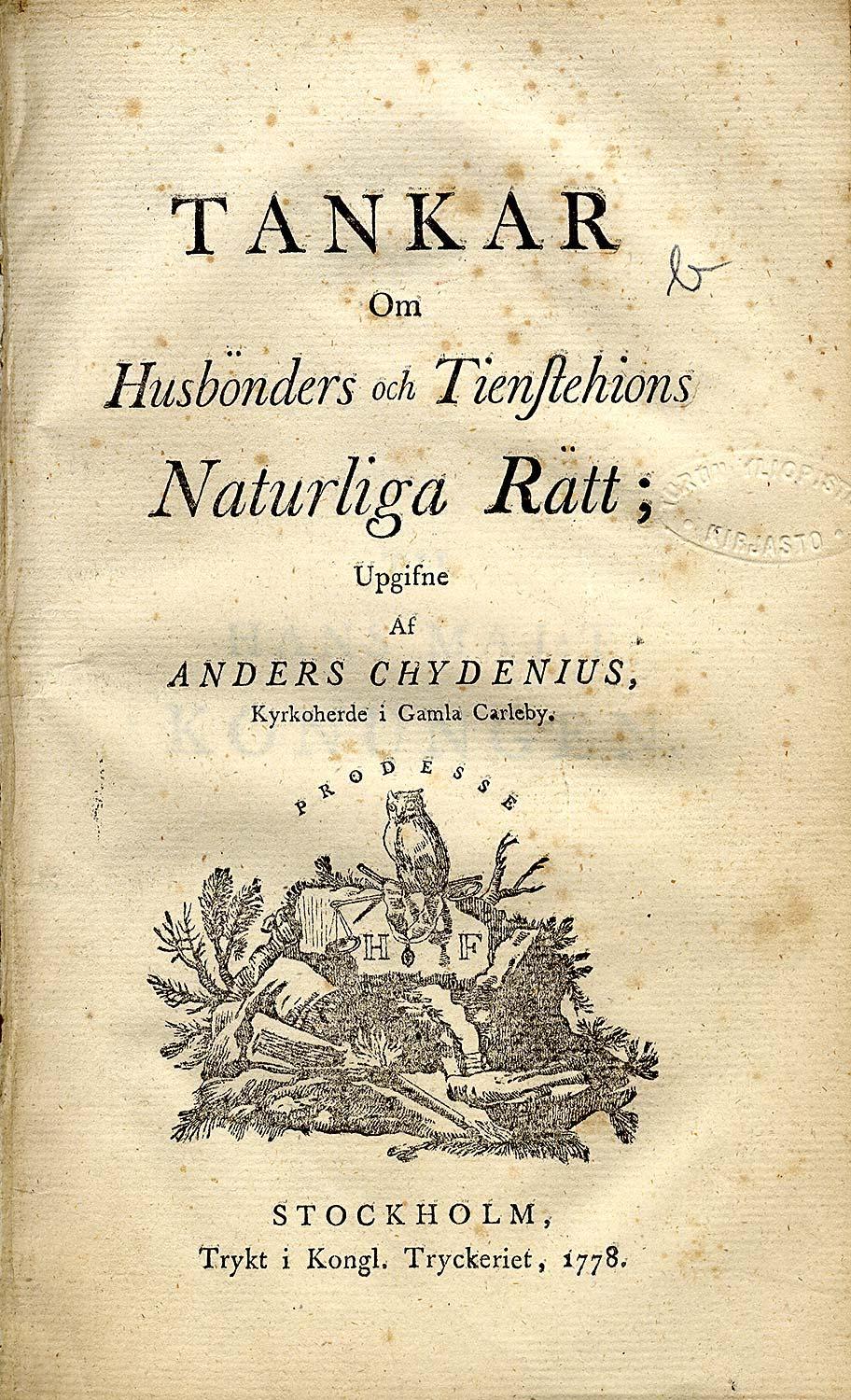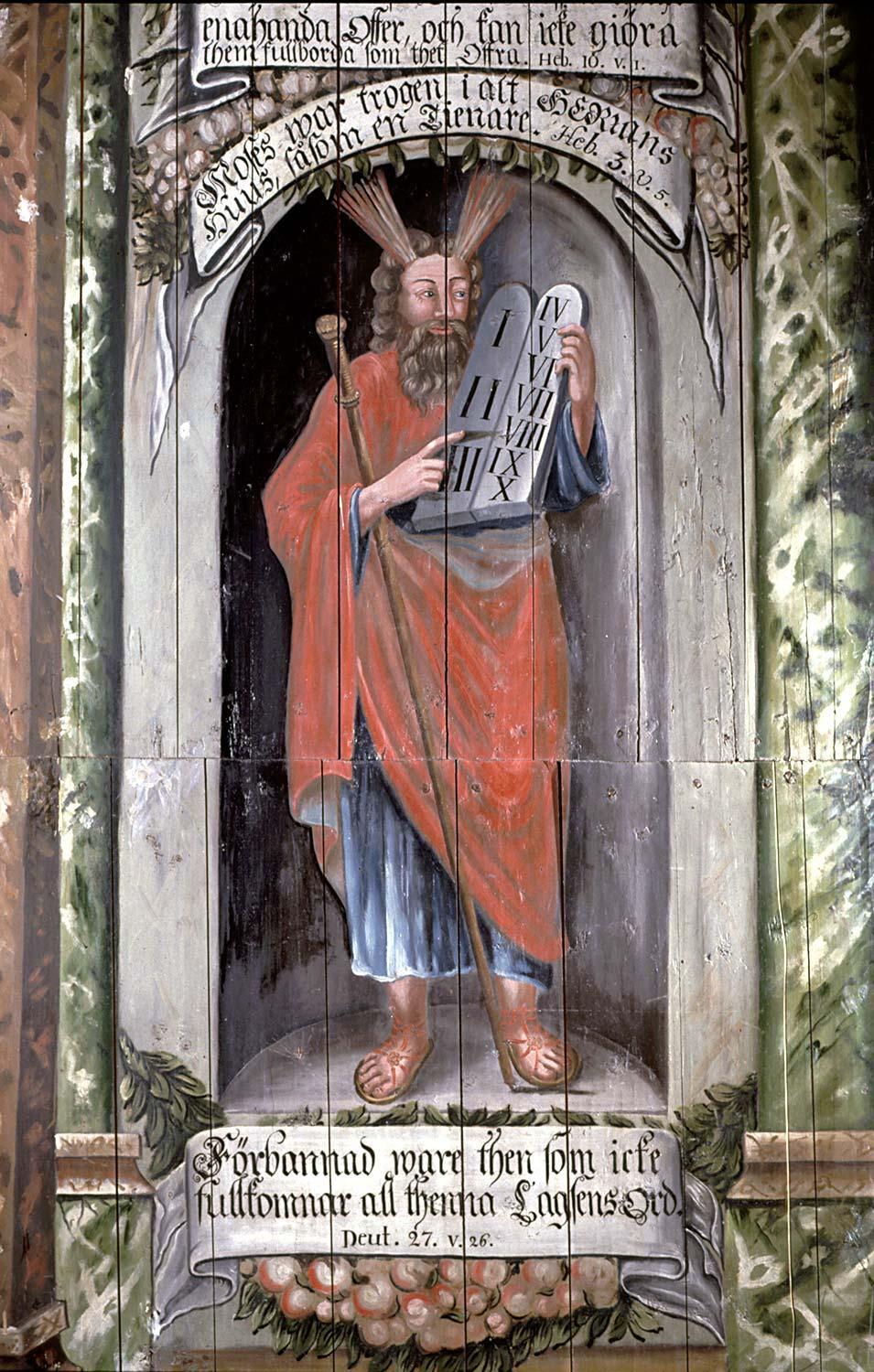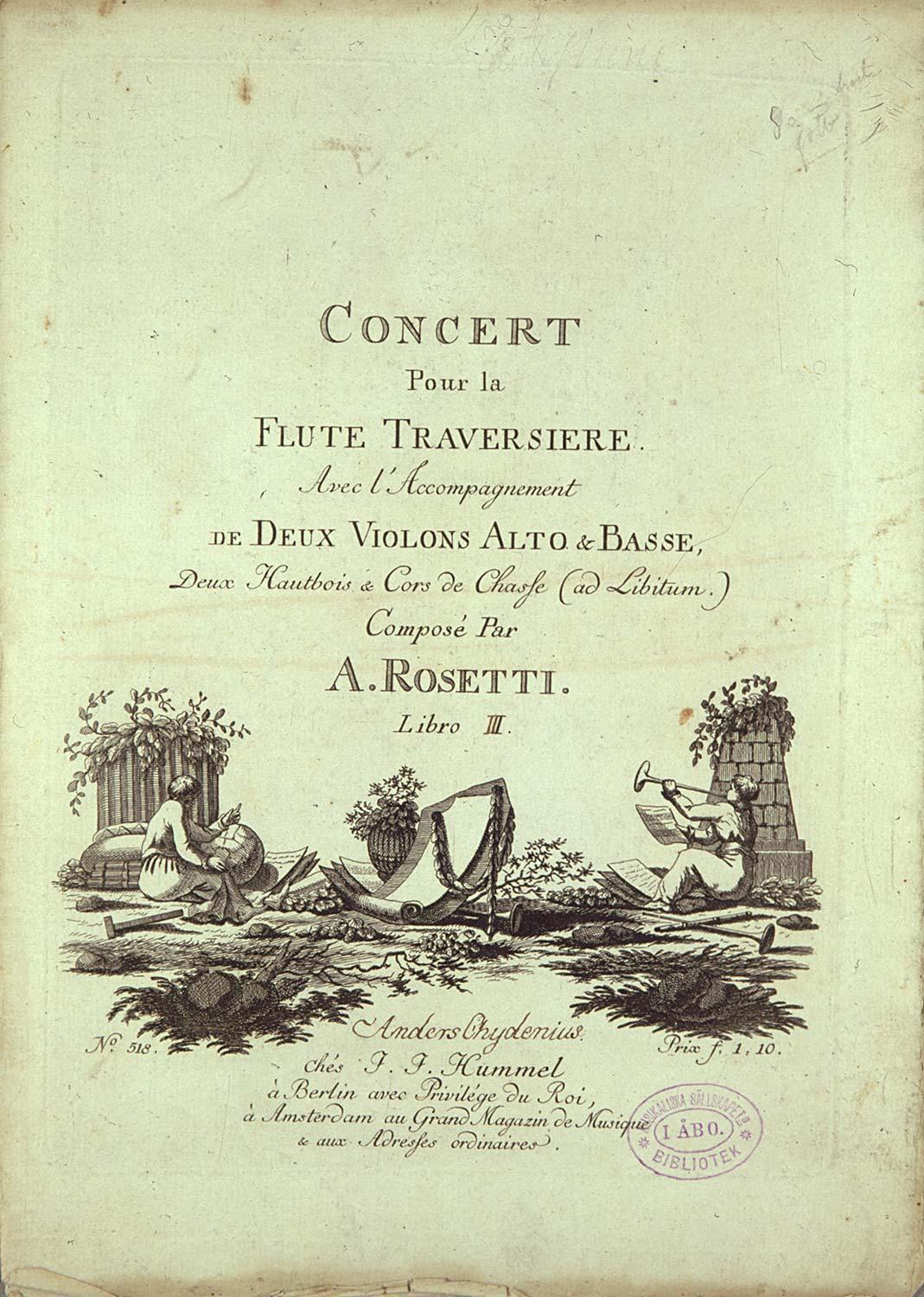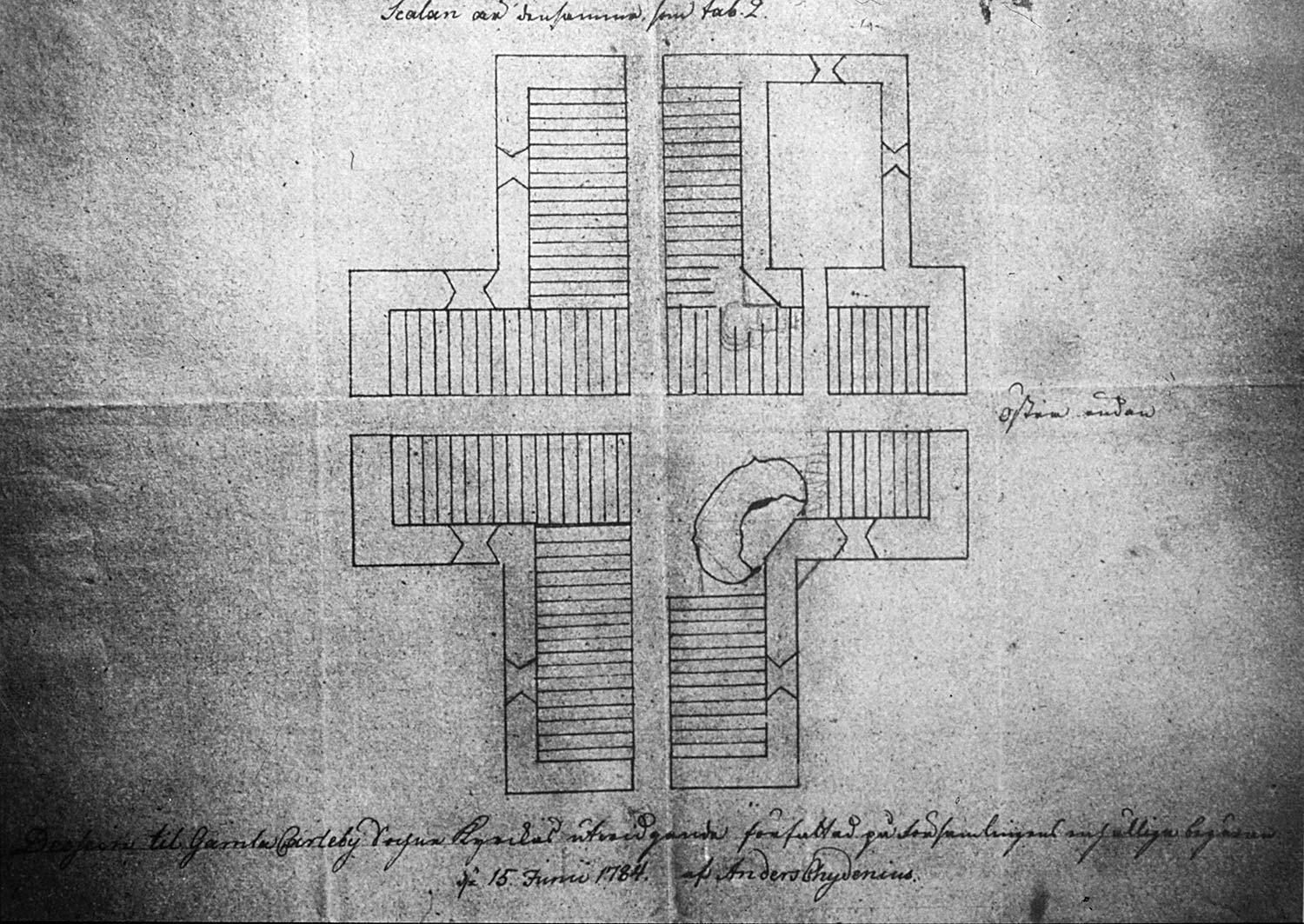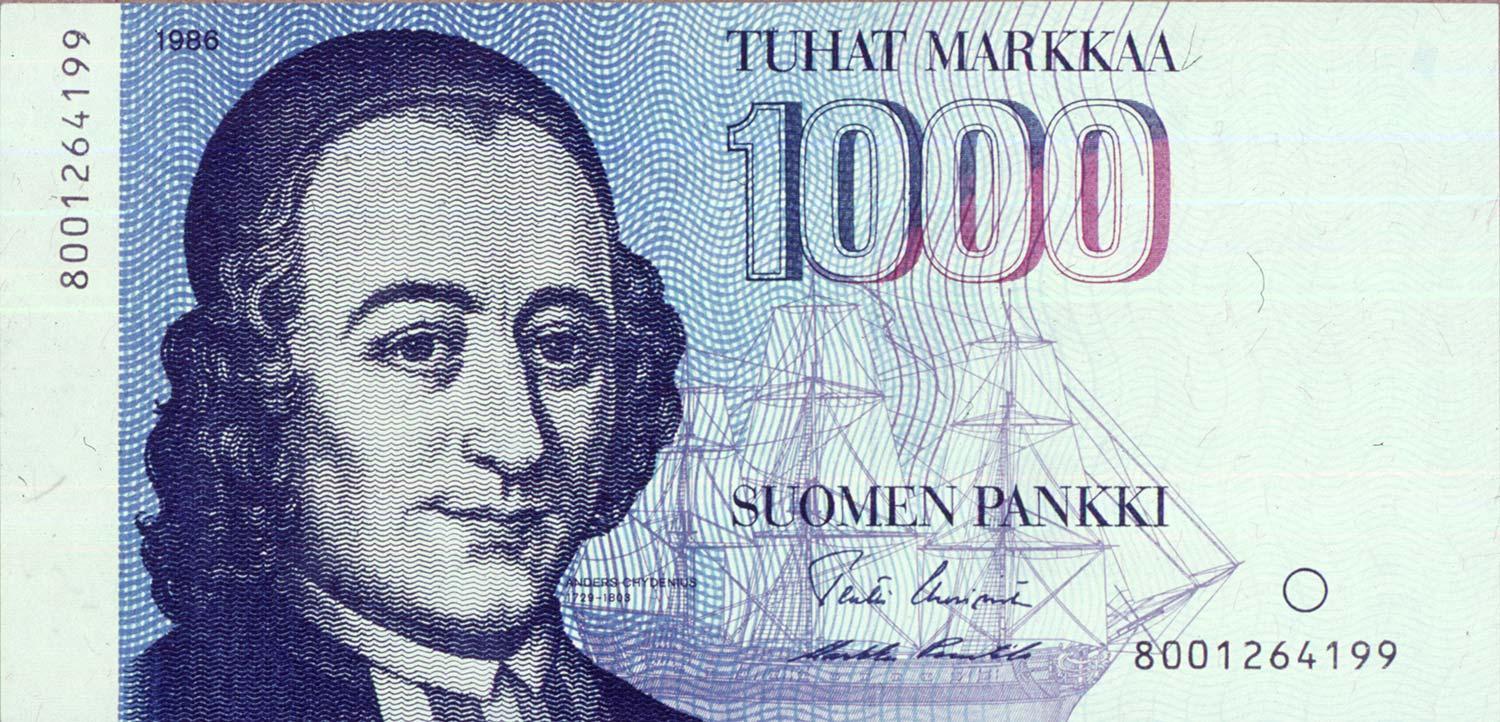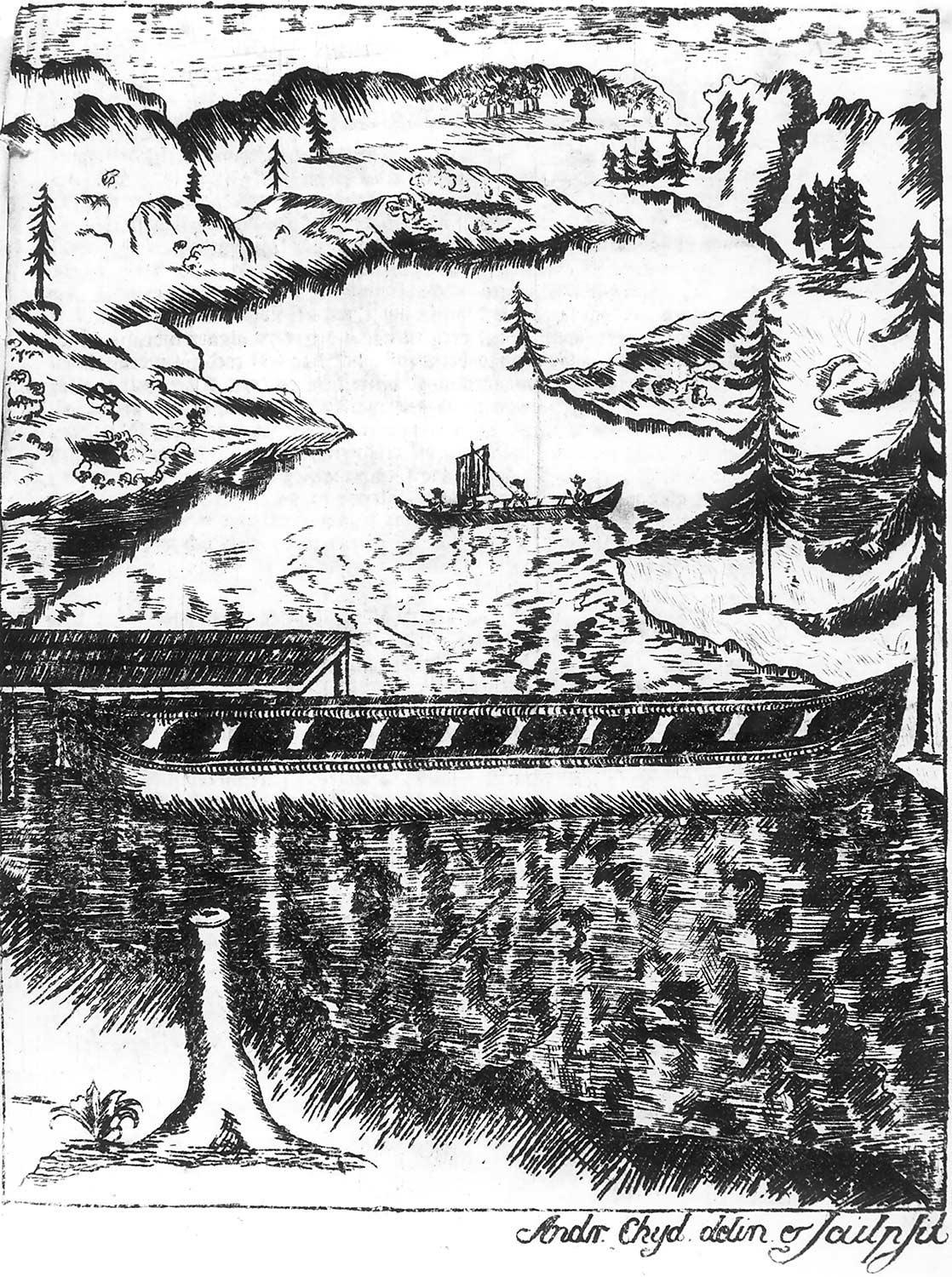Freedom of the Press
Freedom of the press was intimately linked with the demands of the Enlightenment for human rights and democracy. The French philosophers of the Enlightenment opposed censorship particularly vehemently, since in their country criticism of the Church or the State was virtually impossible.
In the Sweden of the period of absolutism the office of state censor was created. All literature came under strict preventive censorship. During the early years of the Age of Freedom censorship was stricter than ever. The Censor during the years 1746–1766 was Niclas von Oelreich, who had the absolute right to decide what might be published. Many of the problems of censorship were typified in von Oelreich. He published a paper supporting the Hats, but prohibited the writings of the Caps. Since the Censor received his payment from the author, he was also open to bribery. When political conditions changed in the 1760’s, von Oelreich defected to the ranks of the Caps.
When the Hats began to use censorship as a political weapon, the Caps – above all the radicals amongst them – began to demand freedom of the press.
The Abolition of Political Censorship
Anders Chydenius was particularly active in the defence of the freedom of the press. The ultimate decision on the matter followed the line represented in Chydenius’ memoranda and policy notes. Chydenius also translated the description of the freedom of the press in China in Jean-Baptiste Du Halden‘s Description de la Chine into Swedish. During debate in the Diet, Chydenius suggested to von Oelreich that he ought to imitate the English Censor Gilbert Mabbott, who resigned from his post in 1649 on the grounds that censorship was unnecessary.
The statute on freedom of the press, which was enacted as constitutional law, guaranteed Swedes a greater freedom of the press than existed anywhere else. In addition almost all official papers became public. Criticism of both legislation and government policy were now possible, whereas writings on religion still remained subject to censorship.




